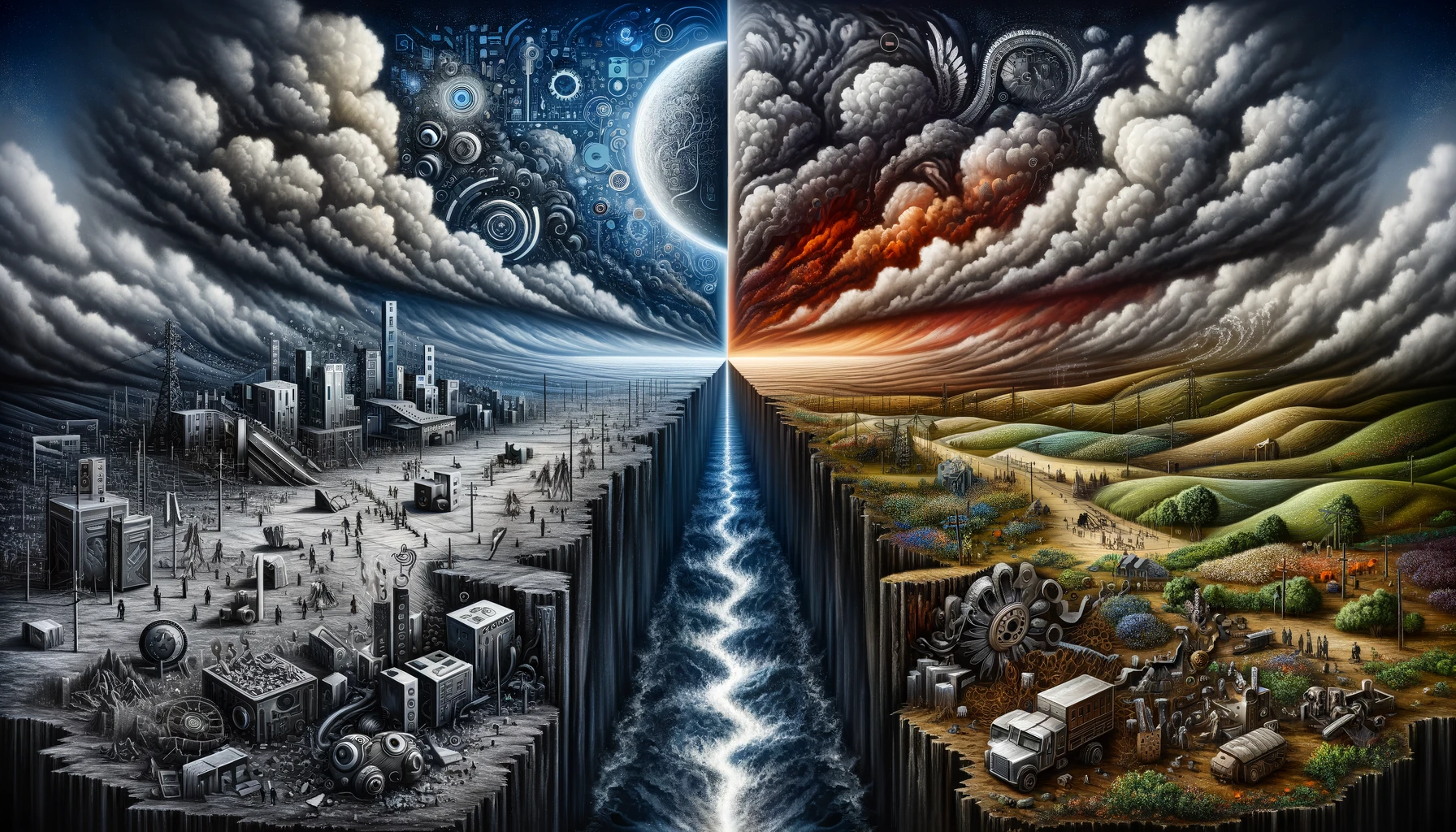Is America headed towards civil war?
Written 26 October 2020

America has been in a prolonged crisis since 2016, after the election of Donald Trump and the divisions that ensued as a result. There have been multiple attempts to discredit the election of the president, some of which have been nonsensical but some have also been backed up by good evidence. The inability of the Democrats to accept the results have caused the president himself to lash out and cause more division. His hatred towards Democrats is evident when he blames “blue cities” or “blue states” in an attempt to deflect blame for his own mishandling of the Coronavirus pandemic and the unrest in the streets. Militant groups have arisen both on the left and the right, and clashes between them have occurred as well as clashes between them and the police. Multiple people have died and many more likely will. Gun sales have skyrocketed, and the country is the most divided it’s been since the Civil War. Does that mean that the Second American Civil War will begin soon? No.
While the country is in an intense crisis that will likely continue for several years, civil war is unlikely. Firstly, let’s define what I mean by civil war.
A civil war can be categorized into two types: 1) two or more factions competing for power through force that leads to armed conflict between the two; 2) one or more regions are seeking to separate from central authority and form their own state by force, and the central authorities crack down.
Neither of these conditions are met to define the chaos that may come as a civil war. The first definition can be applied to:
These were all wars where different factions competed for control of the entire country, not just a part of it. While a faction’s control may be limited to certain geographic areas, its end goal was the eventual “liberation” of the entire country.
The second definition of civil war can be applied to:
In these conflicts, the rebel party did not seek control of the entire nation or its state apparatus. Instead, they attempted to form an independent state, free of the central part. In other words, Croatia did not seek control of all Yugoslavia, the Confederacy did not seek control of the entire United States, Chechen separatists did not seek control of Russia, etc.
If one were to study these conflicts, it would become clear that the United States is unlikely to head into another civil war. There are no separate factions competing for power through force and there are no separatist regions seeking independence from the central government. This does not mean it is impossible, however. For example, if Donald Trump loses the upcoming election and some factions within the armed forces defect and decide to overturn the election, this may cause a civil war. Another example would be if Trump were re-elected and California declares independence.
Both of these are very unlikely, however. The military and the intelligence apparatus has not been afraid to contradict and sometimes even oppose Trump. The military refused orders to crack down on protests in DC this summer, and many former generals under Trump’s command have voiced strong opposition to him. Even if there are some commanders who would want to keep Trump in power, there are not enough and they would stand down and the result is that status quo would remain.
The second example is even more unlikely, as there is no consistent support for independence in any state currently. A simple majority would not count, either. Each state that seceded from the Union in 1861 did so with overwhelming support from the political class of each state. And even if some citizens may want independence, the political classes don’t. To further compound the problem is that there would not be a mass secession among states like there was in the prelude to the civil war; even if a state wanted to secede, it would have to face federal power alone.
These are the two conditions in which a civil war as I defined above may occur. This does not mean, however, that there would be no violence. In fact, I do believe a period of increased violence will be coming. It will resemble the Italian Year’s of Lead, where there were periodic shootouts in the streets between competing paramilitary groups, terrorist attacks, and coup attempts. To a degree, America has already entered this period of violence. It may reach the point of insurgency with large riots and violent crackdowns by central authorities, but it will not lead to civil war. The groups that will want to take over would simply be insurgent and paramilitary forces, with little to no support in the central government. They will be severely outmatched and overwhelmed, and there may be significant bloodshed. But this does not meet the criteria of civil war, perhaps an uprising or insurgency would describe it better. As such I predict that there will be no civil war coming to America any time soon.